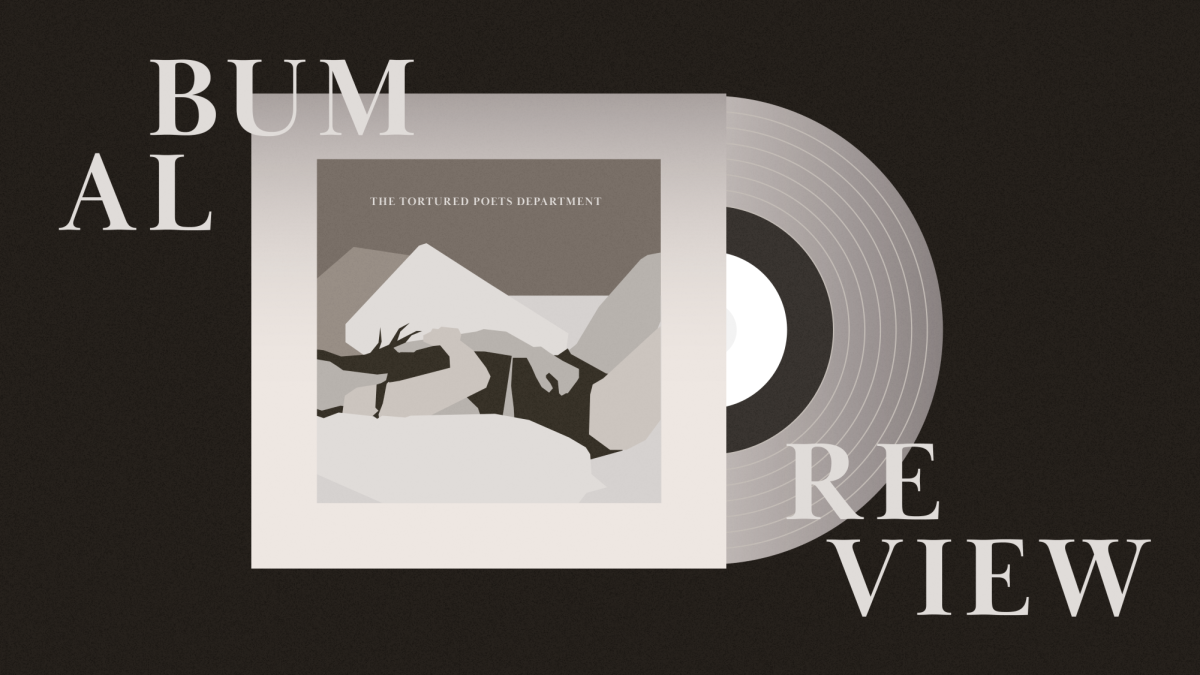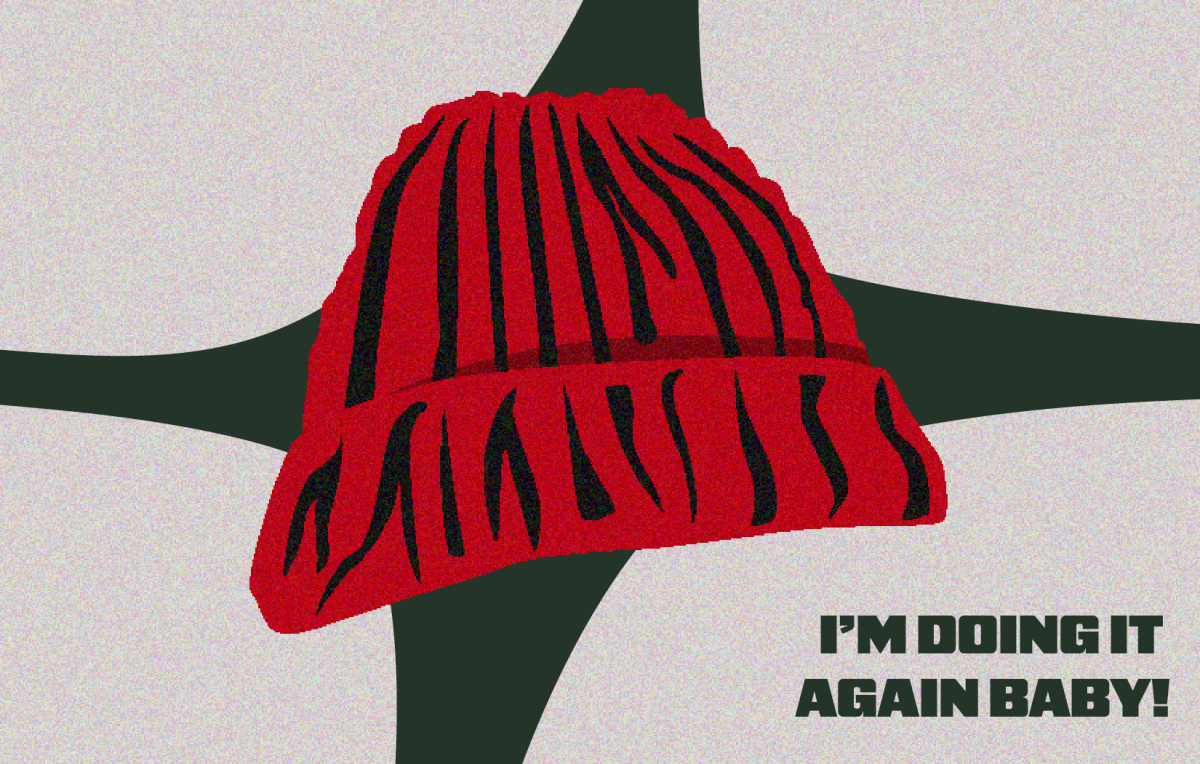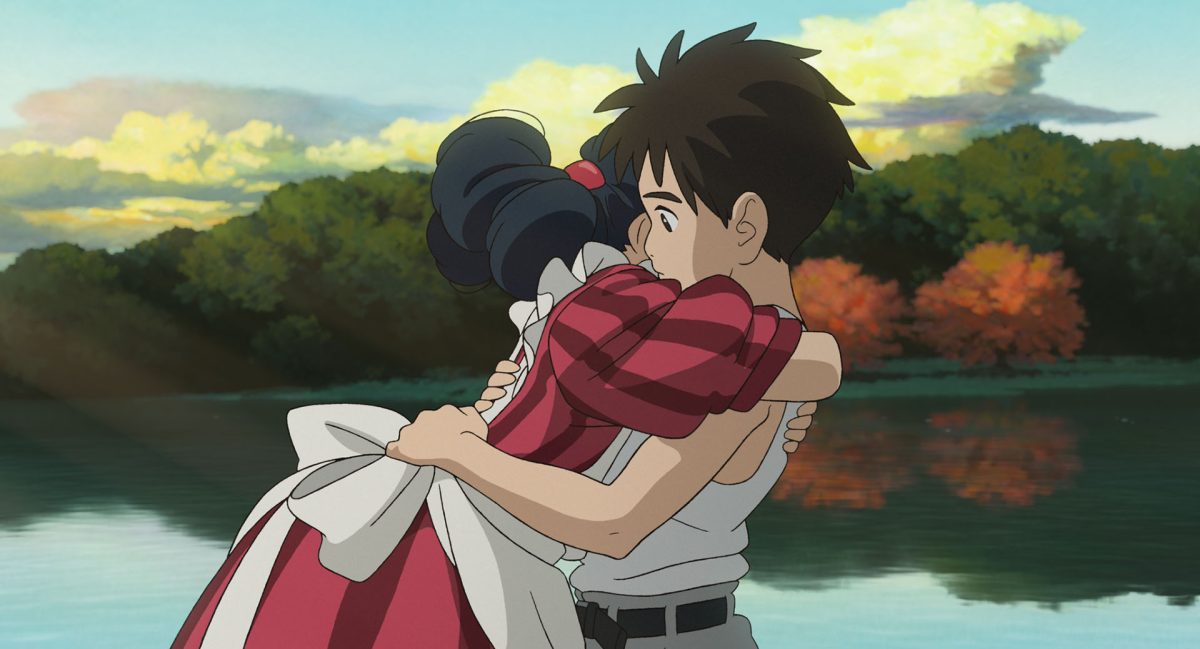When U researcher John Lupton received a grant to fund his work on energy-efficient materials, he felt like cheering.
Lupton, a physics professor, said that procuring research grants has become increasingly difficult, and it could have negative consequences on life-saving research and the economy.
“Education and research have got to be the absolutely last resort when cutting funding,” Lupton said. “It’s potentially catastrophic.”
For the past five years, the National Institutes of Health, which provides more than half of research funding to U faculty, has been receiving small funding increases that don’t compensate for costs of research and inflation, according to the NIH Web site.
“The reality is that the economy and NIH budgets have been, in effect, shrinking,” said Robert Marc, head of ophthalmology research at the U. “For example, this year alone, the NIH budget dropped $700 million from its projected annual cost of living growth.”
In the late ’90s and earlier this decade, NIH and the National Science Foundation, which also provides grants for research proposals at the U, experienced a funding increase and the budget steadily rose about $3 billion every year. By 2003, the budget had gone back to minimal increases that forced tighter limits on what proposals would receive funding.
Ed Levine, an ophthalmology professor at the U, said there was a mandate to double funding during the Clinton administration and it continued into the Bush administration for a couple of years before dying off.
Military funding and research increased and NIH was forced to cut back on how much money they could dole out to promising researchers in other areas.
Levine said research funding could increase as President-elect Barack Obama enters office.
“(Obama) has certainly talked about increasing funding for biomedical research, but it’s hard to say exactly what will happen,” Levine said.
Despite the funding block, the U has been able to maintain the amount of grants by increasing the number of proposals submitted to various private funding organizations.
From last year, the U is up 5 percent in grant funding, said Tom Parks, vice president for research.
“Faculty are working harder,” Parks said. “They are putting in more proposals and finding out ways to be more competitive.”
Marc said that although the ophthalmology department has been surviving through funding problems by raising money through private donations, it can’t last forever.
If departments such as biology, biomedical engineering and others heavily staffed with research faculty continue to have many proposals rejected by the NIH, they will need to make cuts.
Most NIH grants go to support research personnel and lab technicians. Only a quarter of that money goes to supplies and equipment, Marc said.
“If you get a cut, you can’t cut the quarter for supplies or you won’t have a way to research,” he said. “It almost always means that personnel will have to go.”
He said any future cuts could have negative consequences on the already-struggling economy.
Marc said the ophthalmology department is already warning faculty members to consider where they could make cuts in their research.
Even Harvard University, whose research income comes from private investments, lost $8 billion from endowments alone, Marc said.
“They have to scramble to try and hold everything together, but as with other universities, some programs will have to stop,” he said. “If you stop a research program, it’s gone forever.”
Levine said that research supports multiple aspects of society, including solving important environmental issues.
“It’s also a big economic driver,” he said. “It helps create new businesses and trains new researchers.”
The funding cycle is already discouraging researchers from applying for grants and continuing in research.
“When the money goes, you’ll lose 20 to 30 percent of your faculty, and it will always be the best people to go,” Lupton said. “It’s very easy to suffocate a system, and very hard to animate it again.”
Marc said he knows colleagues who have retired early or given up their research because they believed the economy would keep forcing them to give up vital research.
Mario Capecchi, a human genetics researcher at the U, struggled to secure funding grants years ago when he was working on altering genes in mice, which won him the 2007 Nobel Prize for Physiology or Medicine.
The NIH originally decided not to fund his proposal because it didn’t sound like plausible research. Even after the national recognition for his work, Capecchi is struggling to receive funding for new research.
“If you want cures to diseases and answers to important questions, it depends on how many people are doing research, and everyone’s got to have a paycheck,” Marc said. “If I can’t pay a technician in my laboratory, they have to leave and they won’t come back.”
















